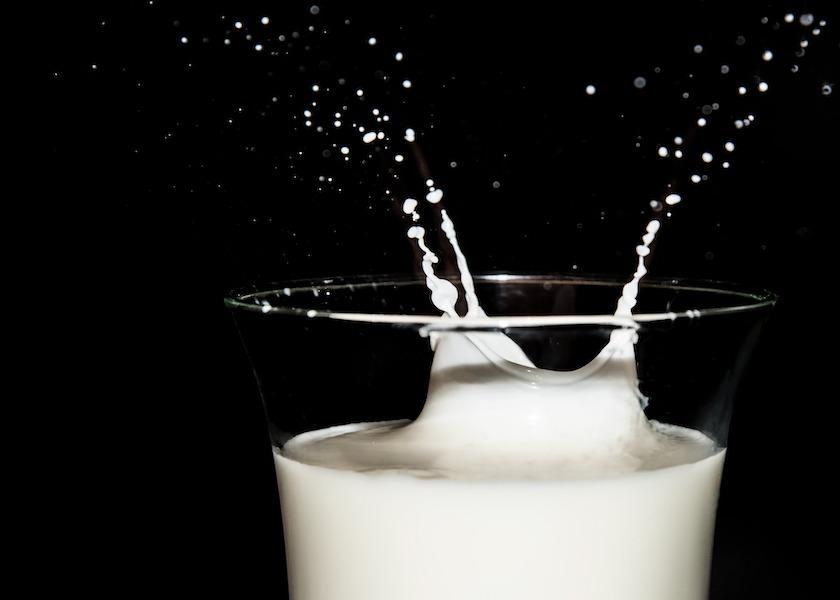
In “A2A2: What’s in it for you?”, a recent episode of PDPW’s The Dairy Signal™, two dairy producers shared their experiences producing milk and cheese for the A2 market. The 60-minute segment also featured Dr. John Lucey, PhD, professor of food science at University of Wisconsin-Madison and director of Center for Dairy Research.
Dr. Lucey explained, “When we talk about A1 and A2 milk protein, we are talking about a difference in one of the amino acids in casein called beta-casein.” Noting that most dairy cattle breeds produce a mixture of A1 and A2 beta-casein, he said, “Most U.S. Holsteins produce a mixture of the two, often a 50-50 or 60-40 split, depending on where the genetic lines came from. Guernsey, Jersey and Brown Swiss tend to produce mostly A2.”
“When we consume milk, there are enzymes in our stomach that start to chop up caseins into pieces because we can’t absorb the whole protein as is. What people are interested in is if this difference in one amino acid in A2 milk can make a difference in how that protein is chopped up during digestion,” said Lucey. “One specific type of casein peptide might influence the digestion time for foods in our gastrointestinal tract.”
For Tammy Fritsch, owner and plant manager for Two Guernsey Girls Creamery in Freedom, Wis., bottling milk and selling cheese from her family’s small Guernsey herd is a dream 10 years in the making. Her daughter, Breanna, started showing Guernseys in 4-H; the family subsequently decided to raise their own Guernseys.
In late 2020, they broke ground for a small bottling and cheese-making facility and milking parlor, which opened in summer 2021. All milk is processed on site as pasteurized white or chocolate milk, or cheese curds. Fritsch’s brother-in-law, Duane Peterson, is a Wisconsin Master Cheesemaker who makes cheese at the creamery three days a week.
“We didn’t always breed our cows for A2, but as we educated ourselves on the health benefits and began hearing (about) people with digestion issues with dairy, we thought we could try to help them,” she said.
Fennimore, Wis., dairy producer Lonnie Holthaus shared, “When my son came back from college, we had been looking for a niche to boost income. He talked about A2 milk and we did a lot of research on it.”
Holthaus is general manager of MilkHaus Dairy, Inc, where approximately 100 of the all-registered, 360-head Holstein herd are genetically tested to determine which cows have the genes to produce A2 milk. The A2 cows are housed separately; that milk is also stored and transported separately to preserve A2 identity. It is then processed into cheese at two local plants. MilkHaus Dairy currently sells across the country 12 flavors of cheese from their farm and online store.
To hear more about the science involved and ongoing studies to better understand the link between A2 milk and digestion challenges, watch or download “A2A2: What’s in it for you?” The producers also talk more about the opportunities in producing, labeling and marketing A2 milk products; they also speak to the importance of working closely with inspectors and regulators in the designing and building of creamery facilities.























